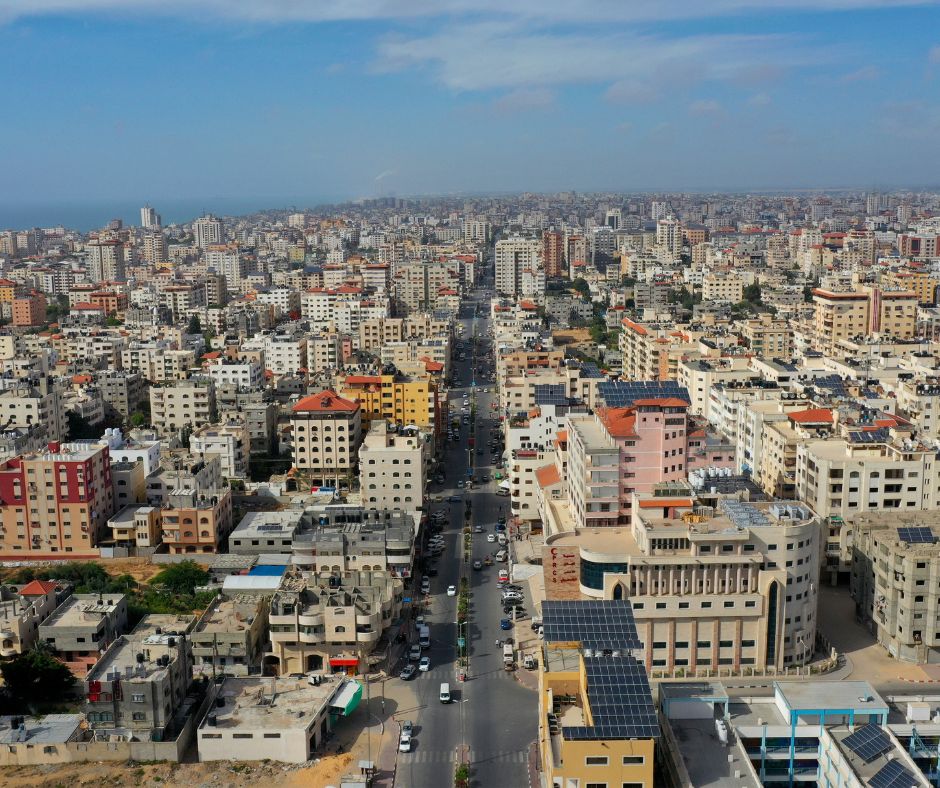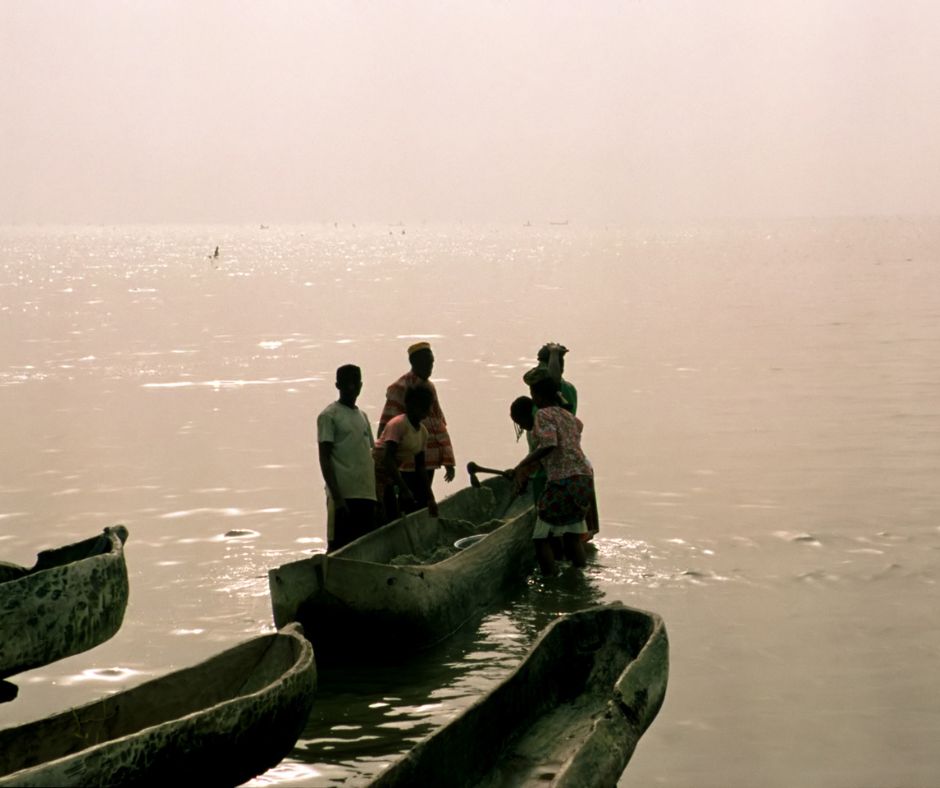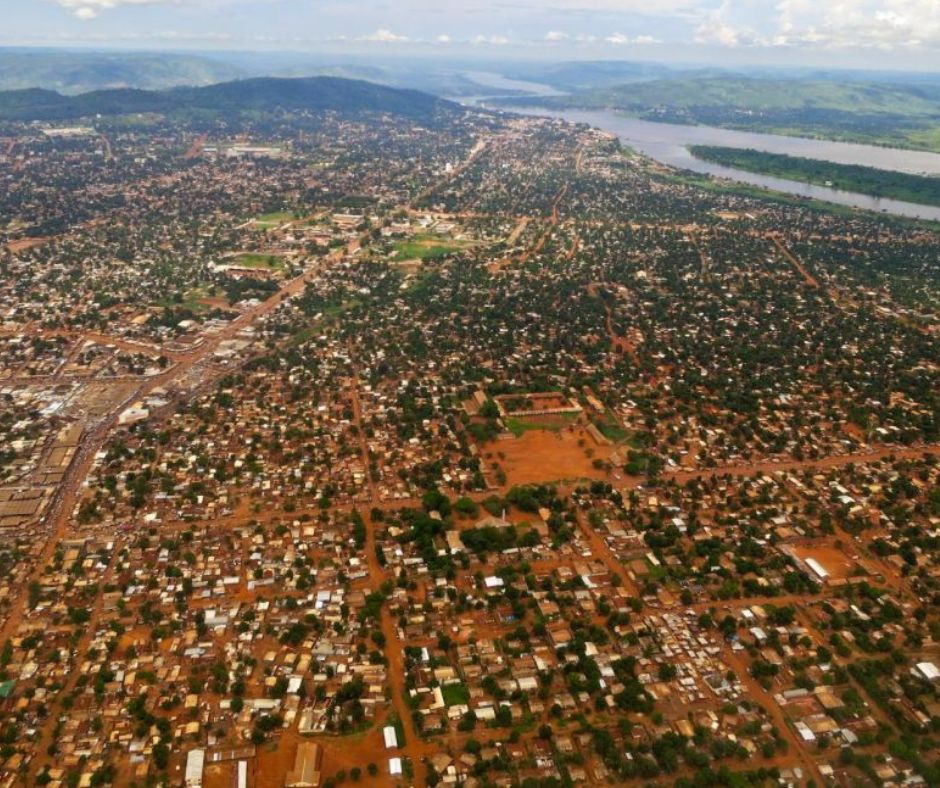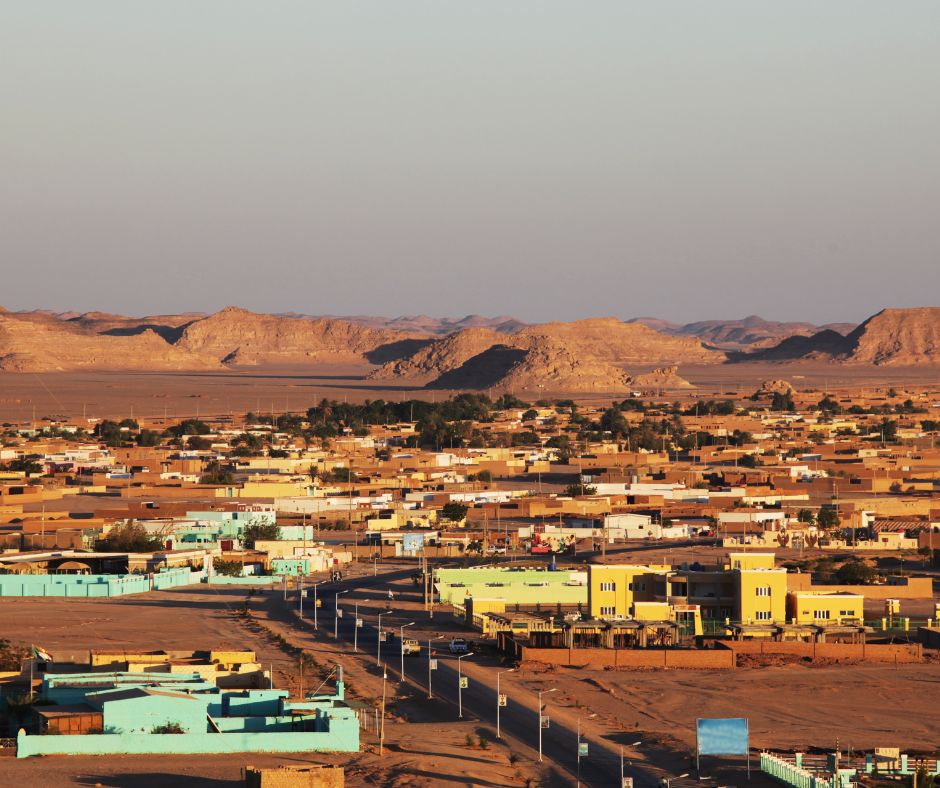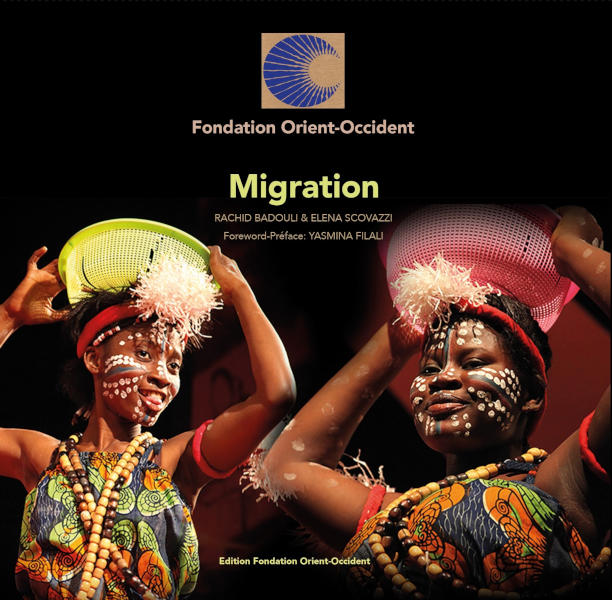In Gaza, life is not as dark as one might imagine; people live normally and, above all, happily.
Mrs X is from Gaza, Palestine, a small territory of 362 kilometres, about 16.5 times the size of the province of Rabat. 2 million people live there, making Gaza one of the most densely populated areas in the world. The thorny question of the capital of Palestine still raises many debates, but for Mrs X, there is no doubt that “Jerusalem is the capital of Palestine”. Gaza regularly makes international headlines, evoking the dramatic “Israeli-Palestinian” conflict. But there is more to Gaza than the constant bombing and rocket fire. Today, Mrs X tells us about Palestine, its wealth, cuisine, and traditions, showing us all the beauty of her country.
Gaza, between tradition and modernity
Mrs X wishes to start this day in Gaza at the Hashem Mosque, one of the largest and oldest mosques in the city, located in the old ad-Darraj district. According to Muslim tradition, the tomb of the Prophet Mohammed’s grandfather, Hashim ibn Abd al-Manaf, is under the dome of the Mosque. After this cultural visit, Mrs X proposes a small break on the beach of Gaza. This beach, stretching from the North to the South of the region, offers various services: hotels, restaurants, and water sports. “There are many things!” proudly confirms the Palestinian woman. To end the evening, Mrs X invites us to stroll in the posh district of Rimal, near the old port of Gaza Majoumas.
Palestinian cuisine: suitable for vegetarians but not for dieters!
At the mention of Palestinian Cuisine, Mrs X doesn’t know where to start, but she sums up her memories with this spontaneous exclamation: “It’s delicious!”. The traditional dish that every traveller should try in Palestine is Maklouba. It is an upside-down cake (like a French Tarte Tatin) made of rice, melting aubergines, minced meat, fried onions, potatoes and everything in layers! With Maklouba, your protein dose is guaranteed for the day! You can season this dish with spices such as cinnamon, cloves, coriander, almonds, and oregano. Let your imagination run wild!
In Palestine, people eat more rice than bread due to the Asian influence, which is not to the displeasure of gluten-intolerant people. They are nevertheless big consumers of Kaak el Qods, a brioche bread with Palestinian sesame seeds, bringing a crunchy touch! Ka’ak, with its handbag shape, can be eaten at any time of the day: for breakfast, lunch and snacks. Kaak el Qods means “Bread from Jerusalem, the Holy Land”. Palestinians appreciate ayares, small sandwiches cooked with meat and vegetables for a meal on the run. Mrs X confides that Palestinian bread and cuisine are also present in Syria, Lebanon, Egypt, and the Middle East. Even if Palestine has its own little cooking secrets, she likes to share and learn from her neighbours.
To end the meal on a sweet note, there is knafeh, a pastry made with kadaif (thin Turkish noodles with the precious name of “angel hair”), cheese, butter, pistachio and syrup. Knafeh originated in Nablus, North of Jerusalem, but it is eaten throughout the Middle East and beyond. And especially in Moroccan cuisine! Palestinians also enjoy Turkish baklava and Lebanese namouras (a pastry made with semolina, yoghurt and orange blossom)! While Palestine is a good place for vegetarians, it is less so for people with diabetes.
And what is your speciality? Without hesitation, she answers falafels, eaten with creamy hummus and tabbouleh. Falafels are everywhere in Palestine, ambassadors of Middle Eastern cuisine!
Getting married in Palestine, between traditions and a sensitive political context
Weddings are the perfect time to get together and enjoy Palestinian cuisine. “Knafa and rice dishes feature on wedding days”, says Mrs X. The bride, always dressed in white, celebrates with the women on one side, and only the groom can go there. The wedding usually starts at 6 pm and ends at 10 pm: this is not due to the early fatigue of the guests but rather to protective measures against the continuous Israeli gunfire from across the border.
Mrs X, a link between Morocco and Palestine
Mrs X is currently working on her thesis at the Faculty of Law. She regularly returns to Palestine to join her family, and her three children were born there, which is important to her. Madame X hopes one day to return to her native land to build a large villa on the beach once she has become a great professor. She will then be able to invite many guests to her big house! So far, she prefers to stay in Morocco to finish her PhD and teach for a while. “In Gaza, life is not as dark as one might imagine; people live normally and, above all, happily”.

